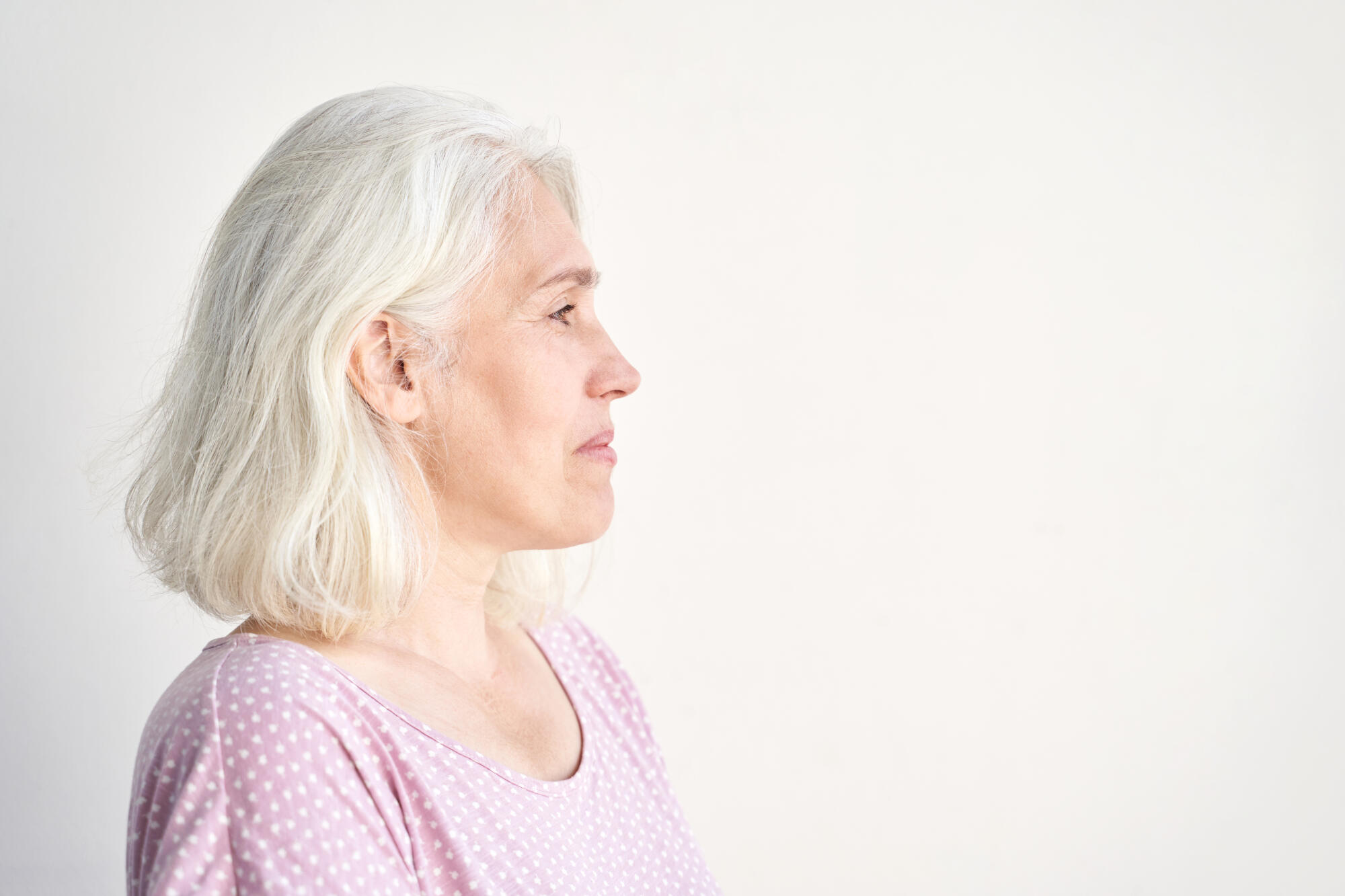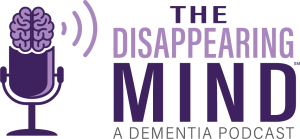The risk of getting breast cancer increases significantly with age, considering that most cases are diagnosed after age 50. But if you stay proactive with prevention strategies (such as regular screenings, a healthy diet, and positive lifestyle changes), you can vastly reduce your chance of developing breast cancer.
The National Cancer Institute estimates that in 2025, there will be almost 317,000 new cases of female breast cancer. This makes it the most common type of cancer seen in women, so awareness and prevention are essential.
You can start by learning about breast cancer risk by age, then discover ways that seniors in Roanoke, VA, can lower their risks. This article will go over this important topic so you can look after your health better.
Does Age Increase Risk of Breast Cancer?
Yes, aging and breast health go hand-in-hand. In fact, age is one of the strongest risk factors for breast cancer.
The fact is that as we get older, our cellular repair mechanisms become less efficient. As a result, there’s a higher chance of mutations, and these mutations can lead to cancer.
In addition, many women have lifetime exposure to hormones like estrogen and progesterone. These can contribute to a higher risk of breast cancer in later years.
At What Age Do Most Breast Cancers Occur?
According to the CDC, most breast cancers are discovered in women who are 50 years old or older. This means that while younger women can certainly be affected, senior women’s health is imperative. You should be vigilant with screenings and preventive care.
What Is the Best Diet to Prevent Breast Cancer?
What you eat can have a huge impact on your breast cancer risk. While you can indulge to experience the joy of taste, eating healthy is a key part of assisted living wellness.
There’s no single food you can eat to prevent breast cancer, but a well-balanced diet can benefit you by reducing inflammation, supporting immune function, and maintaining a healthy weight.
You should get the following in your diet:
- Fruits and vegetables
- Whole grains and legumes
- Lean proteins and fish
- Healthy fats
Plus, focus on nutrient-dense foods since they can support bone, heart, and digestive health.
On the other hand, limit your alcohol intake. Even drinking small amounts can increase your breast cancer risk.
The Role of Screening in Senior Breast Cancer Prevention
One of the best cancer awareness tips we can give you is to keep up with breast cancer screening. The most effective way to fight this cancer is early detection, as the sooner you catch it, the more treatable it is.
If you need early detection guidance, then start by having a discussion and forming a strong bond with your doctor. You can discuss personalized screening schedules that are based on your health status and family history.
The following are ways you can detect breast cancer:
- Mammograms
- Clinical breast exams
- Self-exams
To help yourself, you should stay informed and proactive. Not only should you understand your family history and genetic predisposition, but you should also stay updated on the current guidelines for screenings. There are also community health programs available for education and support.
Lifestyle Factors That Influence Risk in Seniors
Age and genetics play big roles in breast cancer, but there are lifestyle factors that can have a strong influence, too.
You should pay attention to:
- Weight management
- Exercise
- Sleep quality
- Smoking cessation
- Stress management
If you make small adjustments in your daily habits, it can improve your overall well-being and reduce your risk of cancer.
Frequently Asked Questions
Can a 20-Year-Old Have Breast Cancer?
Yes, although it’s a rare occurrence. In general, there are very few cases of breast cancer in those under 25. And when they happen, it’s usually due to genetic factors, such as BRCA mutations.
Does Exercise Lower Breast Cancer Risk?
Yes, regular physical activity can help regulate hormones. In addition, it can strengthen your immune system while reducing body fat, too. All of these things can lower your breast cancer risk.
Is Breast Cancer More Aggressive in Younger Women?
In some cases, breast cancer is more aggressive in younger women, and it can be harder to treat, too. This is why awareness and genetic testing are important, especially for those who are at higher risk.
Do Men Get Breast Cancer?
Yes, men do get breast cancer, but it’s much less common. They account for 1% of all breast cancer diagnoses in the nation.
As with women, the risk for male breast cancer increases with age. So screening and proactive measures are essential for senior men, too.
Can Hormone Replacement Therapy Increase Breast Cancer Risk?
Yes. The long-term use of combined estrogen-progestin HRT has been linked to an increased risk of breast cancer. If you’ve used it for over five years, then you’re especially at risk.
Does Family History Always Mean You’ll Get Breast Cancer?
Family history can play a role in someone’s breast cancer risk, but it’s so much more than that. Other factors include:
- Lifestyle
- Environmental factors
- Age
So while family history and genetics can be an indicator of your breast cancer risk, you shouldn’t be overly concerned.
Can Breast Cancer Be Prevented Completely?
No, there are no guarantees. However, if you lead a healthy lifestyle and stay consistent with screenings, you can significantly lower your chances of developing breast cancer.
Breast Cancer Risk by Age Goes Up
As you can see, the breast cancer risk by age goes up as you get older. While this can be alarming, it’s important to know that there are no guarantees for preventing this disease. Instead, you should lead as healthy a lifestyle as possible by eating a nutritious diet and getting plenty of exercise.
Also, getting routine screenings is essential, since early detection can significantly improve your survival rate. So don’t put off those exams and see your doctor regularly.
Would you like more information about senior living in Roanoke, VA? Then contact us now. At The Park Oak Grove, we have an activity center with a game area, as well as a well-stocked library, so our residents stay happy and engaged.








